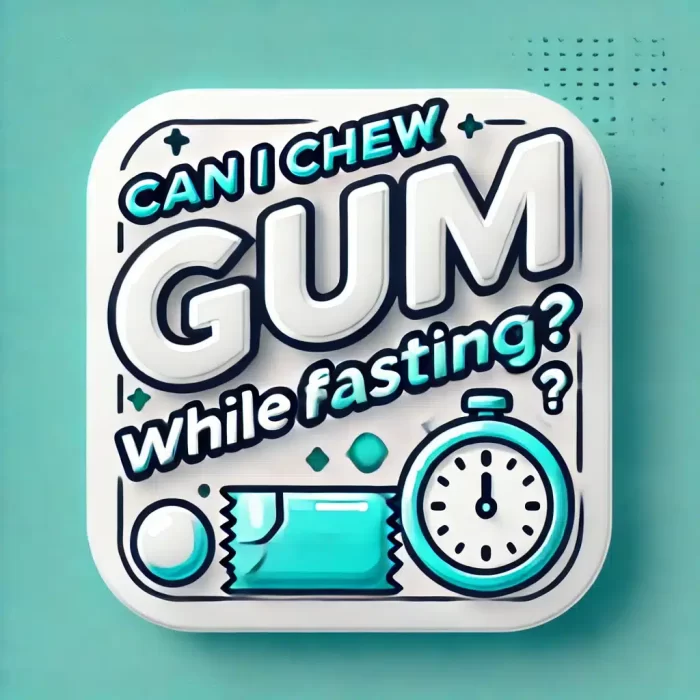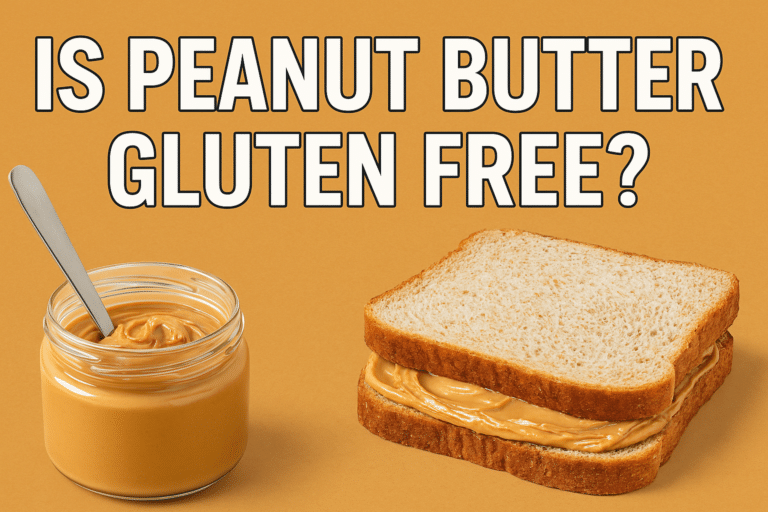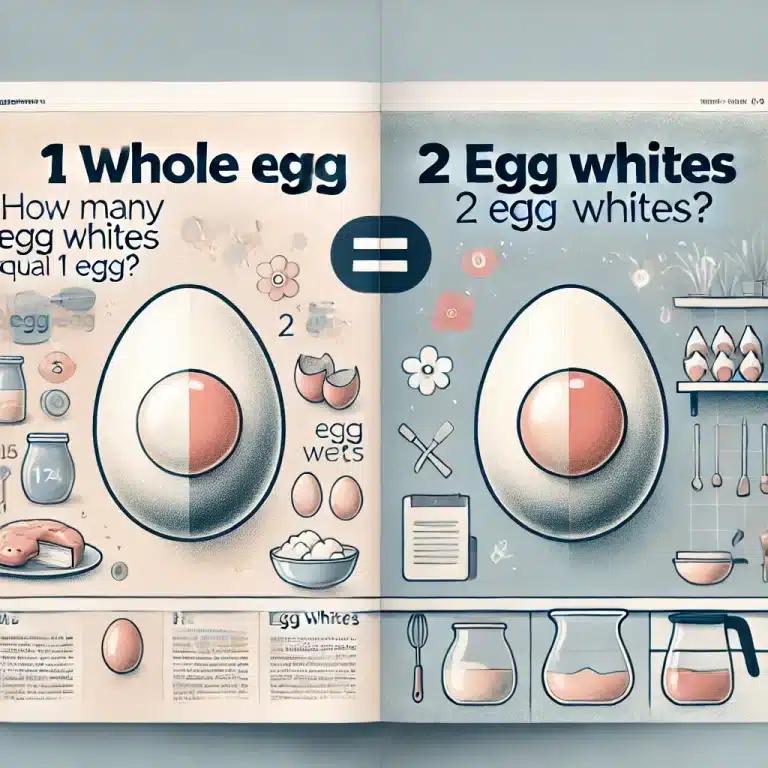Can I Chew Gum While Fasting? The Science, Benefits, and Myths Explained
Whether for religious, lifestyle, or health-related purposes, fasting is now rather common. As it grows, many people find themselves specifically curious about what does and does not violate a fast. Among the most often asked questions is: Does chewing gum break a fast? The response is not as simple as you would believe and mostly depends on the kind of fasting you are conducting.
Many fast for spiritual or religious reasons; others for metabolic health improvement or weight loss; still others for other reasons. Whatever the reason, fasting can provide difficulties, particularly in controlling urges and practices like gum chewing. Though it seems little, for individuals following fasting guidelines even minute nuances can have a major impact. So let’s explore the scientific and cultural settings to investigate whether chewing gum causes a slowdown.
The Science Behind Fasting
By forcing your body into a condition whereby it depends on stored energy, fasting helps to burn fat, increase insulin sensitivity, and even initiate autophagy—a process of cellular repair. The secret to fasting working is to avoid anything that significantly increases your insulin or blood sugar levels.
Your body runs out of glycogen when you fast, hence it begins to break down fat for energy. Fasting works for metabolic health and weight loss in part because of this metabolic transition. Fasting also causes hormonal changes that help fat burning and muscle preservation: more human growth hormone (HGH) and better insulin sensitivity.
Moreover, fasting can have very significant consequences beyond only weight control. It boosts heart health, helps control inflammation, and might even extend life. By raising neuroplasticity and lowering the risk of neurodegenerative illnesses, several studies indicate fasting can improve brain function. Another significant advantage of extended fasting is the body’s capacity to enter a state of autophagy, in which case damaged cells are eliminated and new ones are generated.
Still, the body must remain quick and free from major calorie consumption or metabolic disturbances if all these advantages are to arise. Here’s where the argument over chewing gum finds application.
Chewing Gum and Intermittent Fasting
If you practice intermittent fasting (IF) for metabolic health or weight loss, your key question is if chewing gum sets off an insulin reaction. Usually, between two and five calories each piece, most sugar-free gums have few calories overall. These minute quantities are unlikely to greatly raise insulin levels, hence they most likely won’t cause your fast to break in any meaningful sense.
Why Sugar-Free Gum Is Generally Safe:
Artificial sweeteners such as aspartame, sucralose, or xylitol abound in sugar-free gum formulations. Since these sweeteners are non-nutritive—that is, they have few or no calories— Studies indicate, particularly in tiny quantities, they do not affect blood glucose and insulin levels. Gum chewing helps some intermittent fasters control cravings, lessens feelings of hunger, and gives a psychological lift to get through fasting windows.
What About Sugary Gum?
Gum with sugar, on the other hand, has more calories—roughly 10 calories or more per piece—and may produce a little insulin reaction. Purists might contend that any calorie intake technically breaks a fast, even though it’s still a tiny portion relative to a whole meal. You should try to avoid it if you want to keep the toughest fasting circumstances.
Another consideration is the “cephalic phase insulin response,” in which, even without notable calorie intake, the body releases insulin in expectation of a meal from chewing and experiencing sweet flavors. Although this answer is minimal, it could be pertinent for individuals looking for the most advantages from a fast.
Chewing Gum During Religious Fasts:

For religious fasts such as Ramadan, Yom Kippur, or other Christian fasting regimens, the guidelines are sometimes tougher. Many times, even gum, breaks the fast since chewing is regarded as a kind of eating.
For example:
- Ramadan: Anything purposefully entered the body breaks the fast—including water, food, or chewing gum. Even chewing is usually forbidden during fasting hours as Ramadan fasting is about sensory pleasure as much as it is about not eating.
- Yom Kippur: The fast mostly consists of abstaining from eating and drinking; chewing gum is usually not allowed. The emphasis is on spiritual introspection and self-denial, hence any kind of consumption—including non-nutritive ones—oppiates the practice.
- Christian Fasts: Variations in practice depend on denomination and tradition. While some fasts are more strict, some allow for little deviations. For instance, some people might refrain from specific foods during Lent, but depending on personal or community policies chewing gum might still be allowed.
Religious fasting is, in all situations, about spiritual discipline and commitment to tradition as much as physical results. For particular instructions to make sure you’re following the fast correctly, it’s usually advisable to speak with a competent person inside your faith.
Potential Downsides of Chewing Gum While Fasting:
Although sugar-free gum might not break your fast exactly, it may have other unintended consequences:
- Chewing can boost gastric juices and digest enzymes, therefore causing hunger. For novices particularly, this could make fasting more difficult. The mechanical act of chewing fools the body into believing food is approaching, which can cause more appetite.
- Gum chewing too much might cause gas or bloating from ingested air. Additionally, some people get stomach problems from sugar alcohols like sorbitol. In sensitive people, these sugar alcohols can ferment in the intestines and cause stomach problems like bloating and even diarrhea.
- Many gums include artificial sweeteners like aspartame, sorbitol, or mannitol, which might irritate sensitive people’s digestive systems. Furthermore, some studies indicate they may induce cravings, which would cause overeating once the fasting window closes, even though their insulin levels are not much changed.
- Constant gum chewing can potentially aggravate jaw pain or temporomandibular joint (TMJ) problems. Certain gums also have acidic flavours that over time could damage tooth enamel.
Chewing Gum and Autophagy
Even tiny calorie counts could throw off the body’s cellular recycling mechanism if you aim to improve autophagy—the process by which destroyed cells are replaced with new ones. Nutrient intake affects autophagy, so some doctors think that any calorie intake—even from sugar-free gum—may lessen its effects.
Still, the science is not quite definitive. Although a stick of gum might have very little effect, people trying for maximum autophagy usually decide to avoid it entirely. Though there is little actual data, several studies propose that even chewing could perhaps transmit signals to the body that might slow down autophagy processes.
If your main objective is autophagy—as in prolonged fasts spanning more than 24 hours—it might be advisable to err on the side of caution and steer clear of anything that could, even minimally, increase metabolic activity.
So, Does Chewing Gum Break a Fast?
- For intermittent fasting, moderation of sugar-free gum is probably not going to break your fast. It barely has calories and doesn’t greatly change insulin levels. If you are fasting for autophagy or tight metabolic advantages, however, even minute levels could be important.
- For religious fasting: Given most religious fasts forbid any kind of intake, it most likely does. Here, spiritual discipline and adherence to old customs take the front stage rather than biochemical reactions.
- If your aim is maximum cellular repair from autophagy-oriented fasting, even tiny calorie counts could be best avoided. Nutrient intake can affect autophagy, hence individuals looking for best results would want to skip gum entirely.
Basically, your objectives will determine if chewing gum breaks a fast. With casual intermittent fasting, it’s probably okay. Skip it for religious observance or serious cellular healing.
Tips for Managing Fasting Cravings Without Gum
Here are some substitutes if you’re fasting and lacking the chewing habit:
- Stay hydrated to help reduce cravings by drinking black coffee, herbal teas, or water. Without straying from your fast, adding a piece of lemon or cucumber to your water can offer a cool variation.
- Brush Your Teeth: Minty fresh breath will help to offset appetite. Often, the intense, fresh taste alerts your brain to indicate that you are content.
- Practice conscious breathing: Sometimes cravings are more related with stress or boredom than with true hunger. Effective management of these impulses can come from deep breathing techniques or meditation.
- Chew on Fennel Seeds: To freshen breath without violating a fast, certain cultures have long-standing custom of eating fennel seeds. They can help digestion and taste somewhat mildly sweet.
- Keeping active with modest physical exercise, hobbies, or work helps you avoid hunger and speed up the passing of the fasting period.
What kind of gum would be best for fasting?
Here are a few fasting-friendly choices should you choose to pursue it:
- Spry (xylitol-sweetened)
- PUR Gum (based on plants, sugar-free)
- Simply Gum (lowest components)
- Epic Dental Gum (natural sweetener free; healthy for teeth)
Search for gum that fits your:
- without sugar
- Low-calorie count
- lacking elements
Free from aspartame, should you have sensitivity to it?
And constantly refer to the label. Some gums sneak in extra substances you most likely do not want, either fasted or not.
Frequently Asked Questions (FAQs):
Can I chew gum while fasting for blood tests?
No, chewing gum before a fasting blood test is not advised usually. Particularly for glucose and insulin levels, even sugar-free gum can boost digestion and perhaps influence test findings.
Does chewing gum affect ketosis?
Usually low in carbohydrates, sugar-free gum won’t have any effect on ketosis particularly. If you follow a rigorous ketogenic diet, however, it’s best to chew in moderation since too much consumption could mount up.
Is it okay to chew gum during a water fast?
A pure water fast technically implies drinking just water. Even sugar-free chewing gum introduces artificial sweeteners and may cause digestive problems, which would be against the objectives of fasting.
Does chewing gum impact intermittent fasting benefits?
Minimal effect, particularly with gum free of sugar. Still, even a little stimulation can be important if your fasting objectives are directly related to autophagy or insulin sensitivity.
Final Thoughts:
Allow us to land the plane.
Chewing sugar-free gum probably won’t break your fast whether your fasting is for lifestyle, metabolic health, or weight loss. Lowering hunger and providing your brain with something to concentrate on, may even help you follow your plan.
Gum might, however, cause minor digestive or metabolic reactions that theoretically disrupt the process whether your fasting is for gut rest, deep healing, or autophagy.
In essence? That will rely on your motivation.
Gum is a great tool if it makes you consistent and successful. Just pick your gum carefully, avoid chewing nonstop, and always be aware of your objectives.
Remember as well—fasting is not about perfection. It’s about finding a routine that advances your well-being.
So, if chewing gum keeps you in the groove?
Chew on, buddy.






